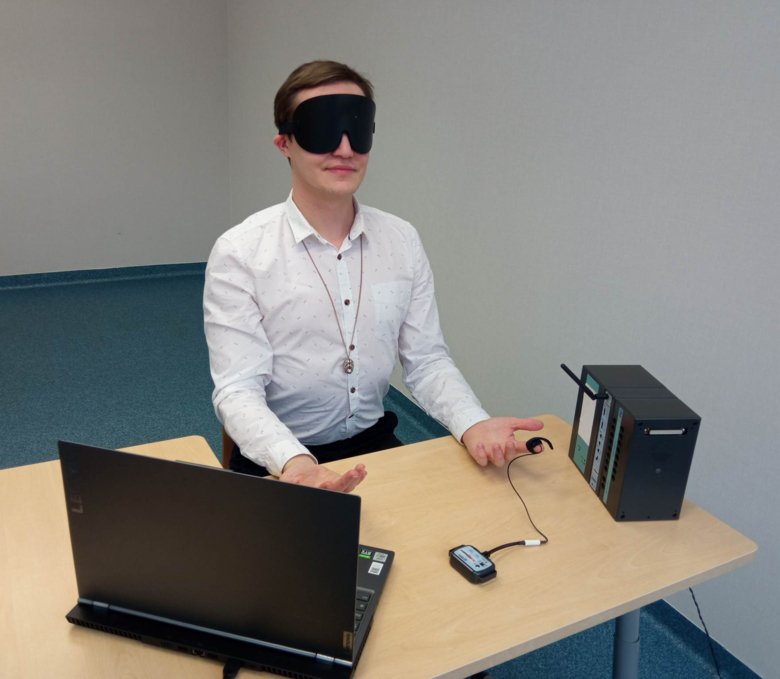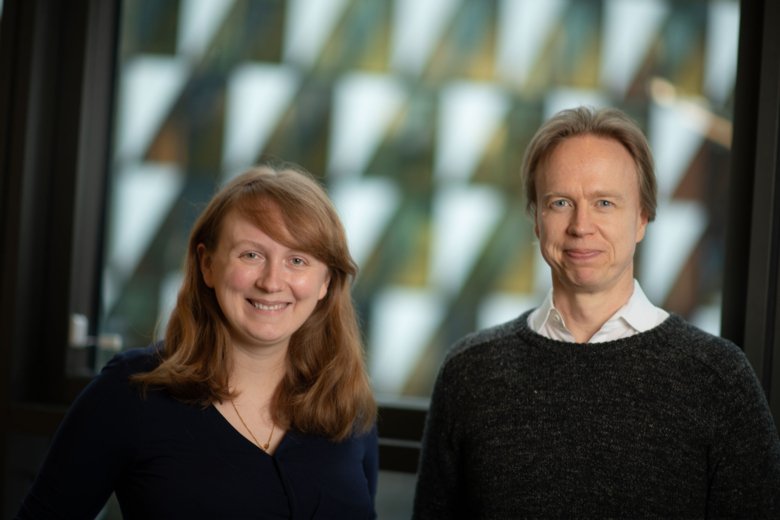Blind people sense their heartbeats better than sighted

Blind people are better at sensing their own heartbeats than sighted, shows a study by researchers at Karolinska Institutet in Sweden and Jagiellonian University in Poland. The study indicates that blindness leads to a heightened ability in feeling signals from the inner body. The findings are published in the Journal of Experimental Psychology: General.
Thirty-six blind and as many sighted individuals were asked to count their own heartbeats without checking their pulse or touching their body. At the same time, the researchers recorded the participants’ actual heartbeats with a pulse oximeter. Then, they compared the reported with the recorded numbers to assess to what degree the participants were able to sense their own heartbeats.
The analysis showed that the blind participants were superior at sensing their heartbeats than sighted participants. The blind group had an average accuracy of 0.78 while the sighted group had an accuracy of 0.63 on average, according to a scale where 1.0 represented a perfect score.
Increased knowledge about the brain's plasticity

“The blind participants were much better at counting their own heartbeats than the sighted participants in our study and in several previous studies,” says Dominika Radziun, PhD student at the Department of Neuroscience, Karolinska Institutet. “It gives us important information about the brain’s plasticity and how the loss of one sense can enhance others, in this case the ability to feel what happens inside your own body.”
According to the researchers, this ability to sense heartbeats may provide an advantage when it comes to emotional processing. Prior studies have linked the degree of interoceptive accuracy, that is the ability to sense the internal state of the body, to how well people perceive emotions in themselves and others.
”We know that heart signals and emotions are closely interlinked; for example our hearts beat faster when we experience fear. It is possible that blind individuals’ enhanced sensitivity to signals from their own heart also impacts their emotional experiences,” says Dominika Radziun.
The research group will now continue to study how blind individuals perceive their own bodies, examining if structural changes in the visual cortex, the brain region normally responsible for vision, may explain the increased ability to sense signals from the inside of the body.
The study has been financed by the Swedish Research Council, the Göran Gustafsson Foundation, the Polish National Science Centre (Narodowe Centrum Nauki) and a Marie Skłodowska-Curie Intra-European Individual Fellowship.
Publication
“Heartbeat counting accuracy is enhanced in blind individuals.” Dominika Radziun, Maksymilian Korczyk, Laura Crucianelli, Marcin Szwed, H. Henrik Ehrsson, Journal of Experimental Psychology: General, online March 23, 2023: doi: 10.1037/xge0001366
